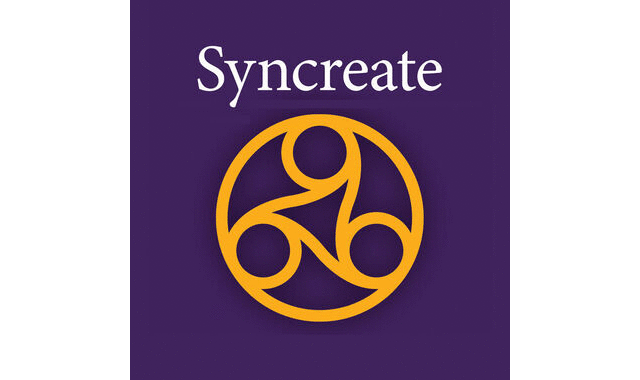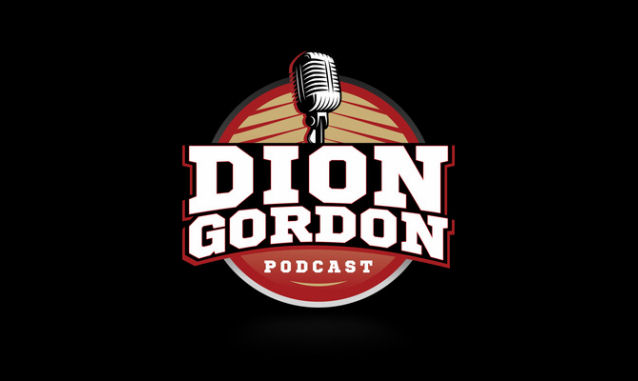World's First and Largest Podcast Network Founded in 2005!
Highlights




Today's Podcast Episodes For Saturday, 2/28/2026
Promoted Episode

Drew Stone – Filmmaker And Hardcore Punk Rock Musician. Documentary: “Who The F… Is That Guy? The Fabulous Journey Of Michael Alago”. Lead Singer Of Incendiary Device!
Follow Your Dream – Music and Much More
ENTERTAINMENT

Covert Narcissism Explained: Why Validation Feels Like Survival -Consolidation | Epi 133
Introduction to the Narcissism Decoder Podcast with Dr. Mazzella
EDUCATION

Sponsored Podcasts
Newest Podcasts
Top Podcasts...
Latest Episodes

Drew Stone – Filmmaker And Hardcore Punk Rock Musician. Documentary: “Who The F… Is That Guy? The Fabulous Journey Of Michael Alago”. Lead Singer Of Incendiary Device!
From the podcast Follow Your Dream – Music and Much More
Released 2/28/2026

Covert Narcissism Explained: Why Validation Feels Like Survival -Consolidation | Epi 133
From the podcast Introduction to the Narcissism Decoder Podcast with Dr. Mazzella
Released 2/28/2026

Send In The Llamas
From the podcast Awesome News Daily
Released 2/28/2026

Momentum Action & Living Deliberately (S5) S9:E7
From the podcast IFYL: (Inspirations for your Life)
Released 2/27/2026

What Still Works In Wealth Building
From the podcast Tony D’Urso Show
Released 2/27/2026

Dry Drunk Sober Vs. Recovery: What’s The Difference—and Why It Matters
From the podcast Recovering Out Loud
Released 2/27/2026

Navigating Life’s Unexpected Paths: A Journey Of Faith With Lois Bouchard EP 350
From the podcast The Spiritual Forum
Released 2/27/2026

My PODCATION Is O V E R !
From the podcast Dumbing It Down with Dave
Released 2/27/2026

Jefferson White – Clear The Set –
From the podcast The Make It Podcast with Chris Barkley & Nicholas Buggs
Released 2/27/2026






























